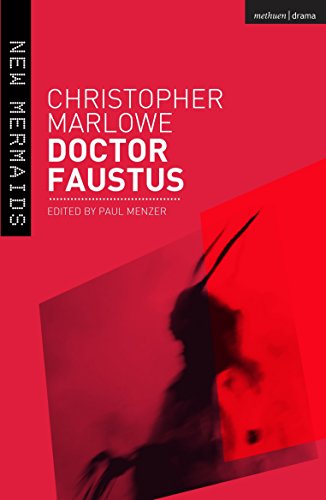
Early critics tended to prefer the earlier quarto, seeing it as a “purer” version, purged of “low” comic scenes, but later critics like the 1616 Faustus better.

The most vivid of the legends tells us that real devils were once conjured during a performance, that actors were confounded, spectators driven mad, and that the Faustus who spoke the summoning words, Edward Alleyn, renounced his profession from that day forward and spent his remaining days performing works of charity.Įven the play itself is a bit of a puzzle, for it has come down to us in two different texts the brief quarto of 1604 and the longer quarto of 1616. At any rate, it so captured the public imagination that people told stories about it. We know the play was wildly popular, but not when it was written or first performed: perhaps as early as 1588, when Marlowe was twenty-four, or perhaps as late in 1593, the year Marlowe died. Faustus, its composition and its performances, is obscured by legend and shrouded in surmise.


 0 kommentar(er)
0 kommentar(er)
